The Power of Sterilization: A Deep Dive into Kalstein Brand Veterinary Autoclaves
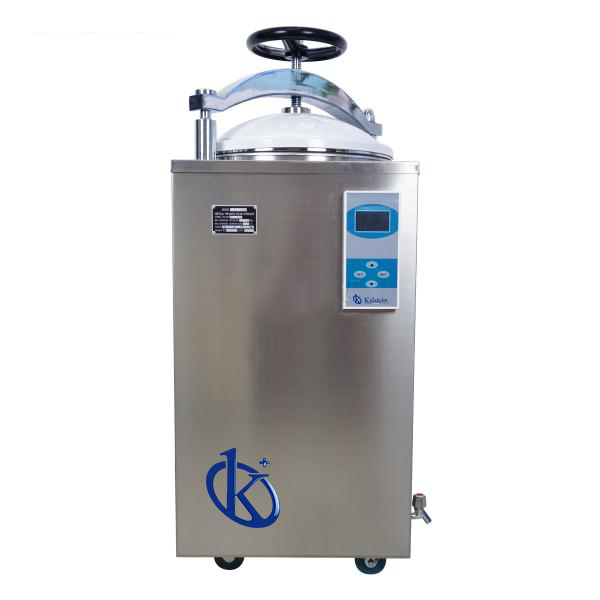
The need for effective and dependable sterilization equipment is a fundamental pillar in veterinary services. Facing this challenge, Kalstein Veterinary Autoclaves are infallible allies. With their excellent capacity and safety features, Kalstein Veterinary Autoclaves not only ensure a germ-free environment, they also guarantee the protection of the personnel in charge of their operation.
Laboratory Heating Plates: Stable Temperature for Clinical and Chemical Assays

Nowadays, laboratory heating plates have become an indispensable piece of equipment for clinical and chemical assays. These devices provide a controlled and stable heating surface, essential for ensuring precision and reproducibility in experiments. Leading manufacturers such as Kalstein have developed advanced technology to offer high-quality products. This article will delve into the importance of heating plates, their essential features, and how to choose the best option according to your needs.
Advanced Microscopes for Clinical Diagnostics: Clarity and Detail in the Analysis of Tissues and Cells
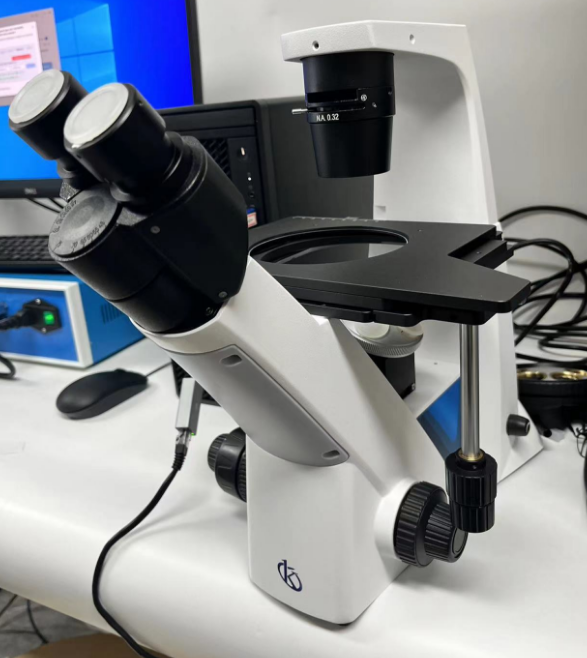
In the field of biomedical research and clinical diagnostics, the precision and quality of microscopic analysis are crucial. Advanced microscopes have revolutionized the way health professionals observe and analyze tissues and cells, providing unprecedented precision and detail.
High-Tech Lyophilizers: Preservation of Clinical Samples and Pharmaceutical Products
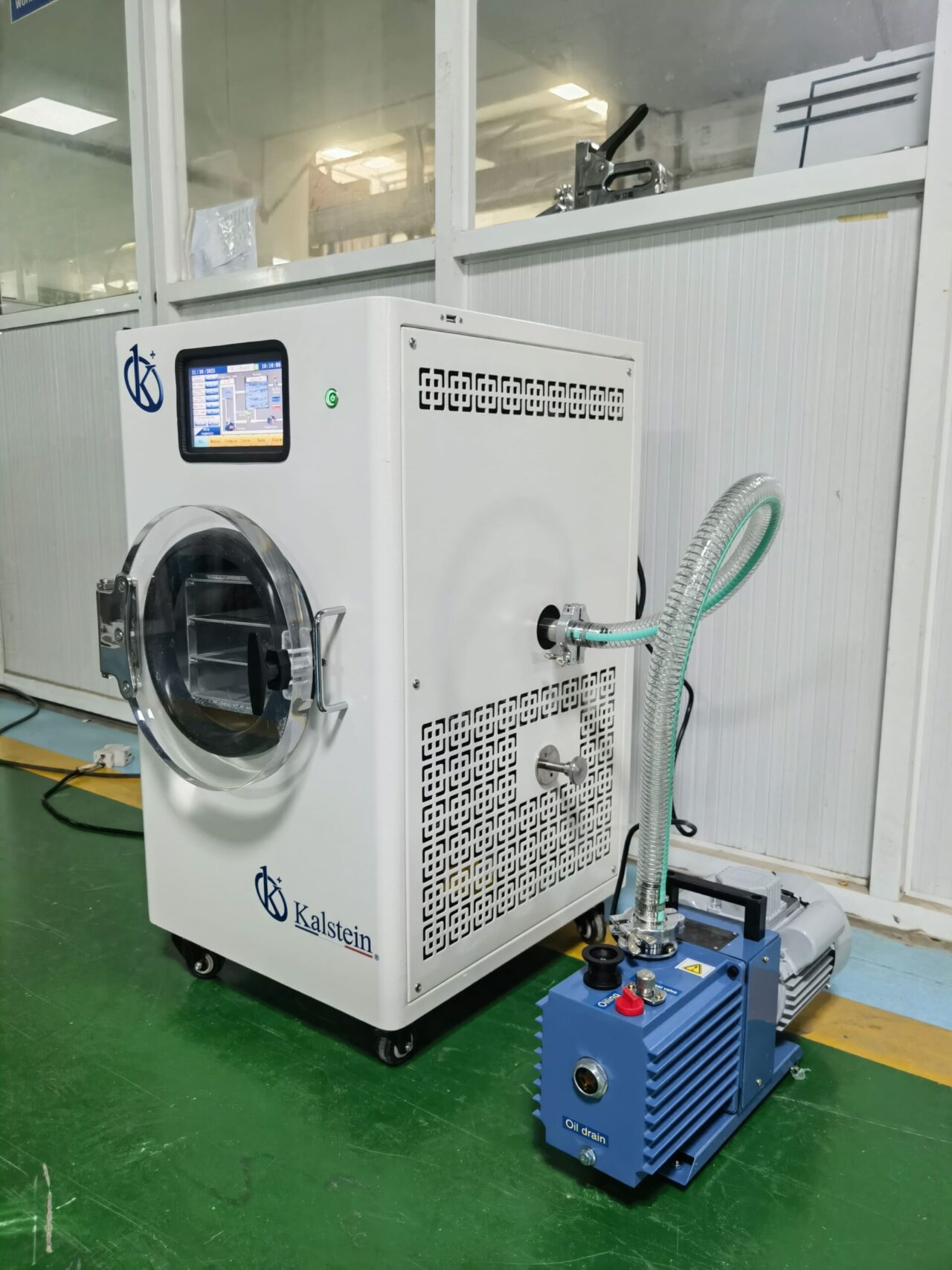
Lyophilization represents an essential method in the preservation of clinical samples and pharmaceutical products. This innovative process ensures the stability and efficacy of various biocomponents by removing water through sublimation. When discussing advanced laboratory equipment, high-tech lyophilizers stand out for their ability to guarantee the quality and safety of samples.
Efficient Homogenizers: Preparation of Clinical Samples with Maximum Homogeneity and Without Contamination
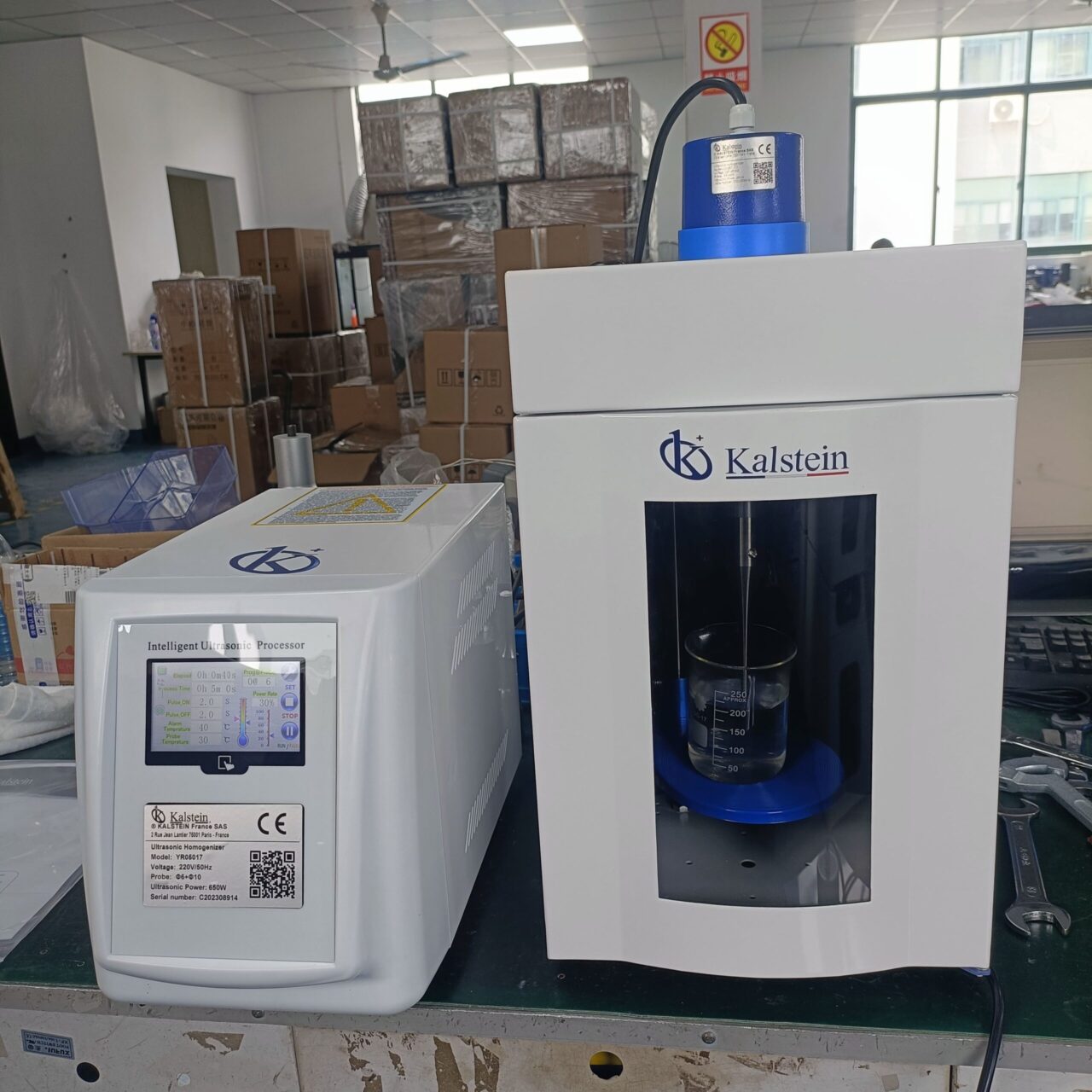
In the realm of clinical laboratories, precision and efficiency are crucial for obtaining reliable results. Homogenizers have emerged as essential instruments for the preparation of clinical samples. This article focuses on the importance of homogenizers, highlighting the quality of Kalstein’s homogenizers in the market. Various characteristics, applications, and key benefits of these devices will be explored, which are essential for ensuring homogeneity and avoiding contamination of samples.
Revitalizing Veterinary Care: A Comprehensive Service with Kalstein’s Veterinary Imaging Equipment

The field of veterinary practice has evolved exponentially over the past few decades. Part of this evolution has been catalyzed by the emergence of more advanced technologies that promise more accurate diagnoses and more comprehensive care for our animal friends. This revolution has been largely driven by the adoption of veterinary imaging equipment. These machines, like those produced by market-leading Kalstein, allow animal health professionals to detect diseases and health problems with unprecedented accuracy.
Challenging barriers and improving animal health: Get to know Kalstein’s veterinary imaging equipment

Medical science continues to break barriers to find more effective ways to diagnose and treat conditions. One such advancement is veterinary imaging, which thanks to the dedication and efforts of Kalstein, is now more accurate and efficient than ever. Kalstein’s veterinary imaging equipment is a crucial piece for veterinarians, providing unprecedented access to the animal’s internal physiology. With this, they can quickly and accurately identify the pet’s health needs.
Transforming Animal Care with Kalstein’s Advanced Veterinary Imaging Equipments

Veterinary imaging has become an indispensable tool in diagnostic procedures for animal care. Thanks to these high-tech equipment, veterinarians have access to detailed images of animal’s internal organs and systems, which facilitates the identification and treatment of various conditions. Kalstein’s Veterinary Imaging Equipment are leaders in this emerging field, providing innovative and efficient solutions for veterinary diagnosis and treatment.
Innovation and precision in animal diagnosis: an exploration of Kalstein’s Veterinary Imaging Equipment

The constant evolution of technology has allowed us to reach unimaginable levels of development. In the field of veterinary medicine, imaging equipment has become fundamental pieces for carrying out accurate and effective diagnoses. Kalstein’s Veterinary Imaging Equipment is part of this revolution, offering cutting-edge technology and precision in image capture.
Water Distillers for Clinical Laboratories: Ensuring Purity and Quality in the Research Process
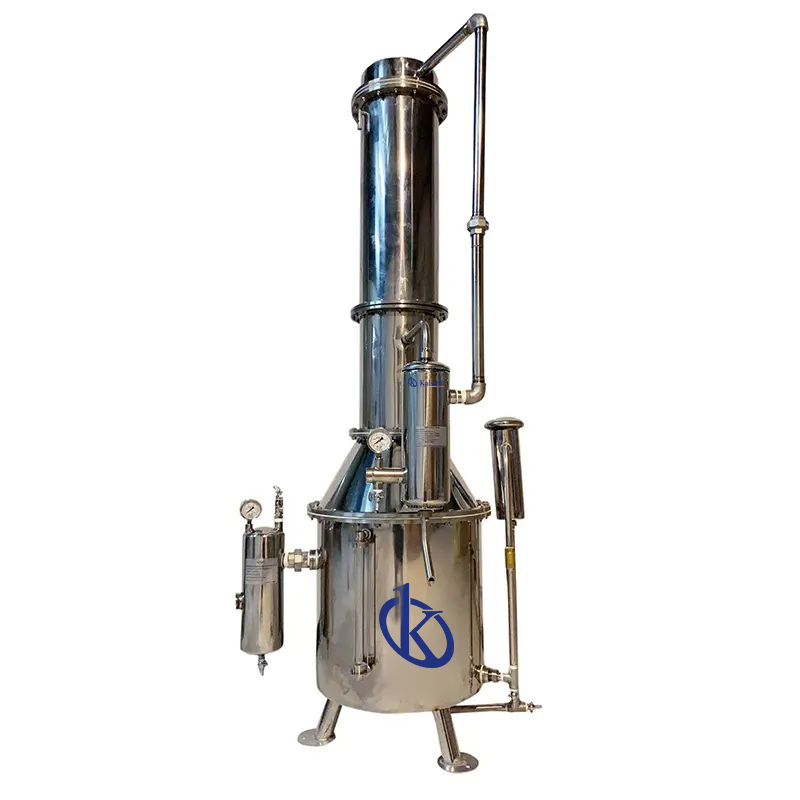
The quality of water is a fundamental factor in clinical laboratories, where precision and reliability of results are essential for medical research and diagnosis. Water distillers, which are essential in these environments, provide high-purity distilled water.
